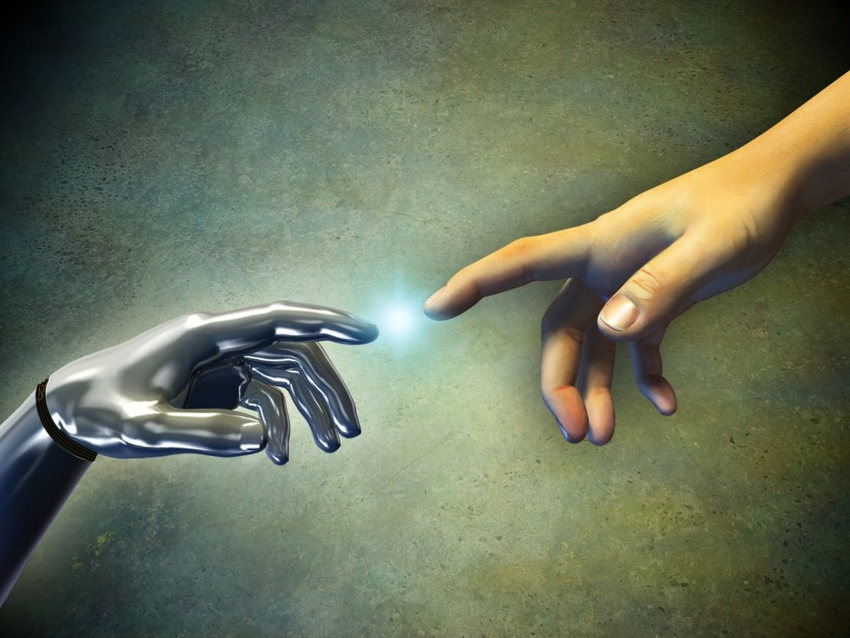Especially in the past two decades, we’ve all gone through it: the often frustrating, galling, and even exasperating way computer programs, internet websites, social media, blogs, new devices, updates, and so forth — coming at us like sand dervish — have been designed almost to frustrate.
One virtually has to be a psychic to know, in the byzantine ways of tech, where to find what one often desperately needs: a “download” or “upload” button, an exit option (where’s the ‘x’?!) a simple metric, or “settings” (the one you need might be a “setting” tab within a general setting function, and this only after hitting a down arrow in a hidden corner) — as if everyone has all day to play detective or play with the innovations of computerland.
Many of those “innovations” are unnecessary, more like new toys (for those who enjoy it, which the techs, who create them, obviously do).
Sometimes it’s a bit less sophisticated than that, more like a simple game of hide-and-seek or a new money-maker.
Great convenience, technology has given us — amazing — but once in a while, one is allowed to spout off about it, since it now all but controls our lives (especially if we lack prayer).
Is it just our tech incompetence (surely that plays a role — and increasingly so, with age), or also due to what has been reported of late? Is the confusion with us, or generated by the great innovators of hyper-tech? Are we confused, or are they?
“As psychedelic use has risen, tech founders, CEOs, and Silicon Valley elites have leaped on the bandwagon,” says a recent news item in Fortune. “The trend underscores how psychedelic use extends beyond recreation and into the confines of a business—with many leaders taking these drugs with the intention of bolstering brain power, focus, and creativity. After all, the term psychedelic refers to ‘mind manifesting,’ and the tech stars are eager to stand apart from the masses.
“They don’t want a normal person, a normal company,” Spencer Shulem, CEO of BuildBetter.ai, said in The Wall Street Journal, disclosing how he uses LSD “while working alone after hours. They want something extraordinary. You’re not born extraordinary.”
Neither are you born to be high, tripped-out, robotic, or confounded.
One never throws them all into the same basket — many are terrific people — but techs often don’t give the impression of an overly caring lot. One CEO said they were not “saddled” with as much empathy and, as a result, were more able to focus on accomplishing a larger mission.
A survey in Axios:
“Top findings include:
- 4 in 5 tech execs are taking medications (“controlled substances”), and among that cohort 1 in 2 use them ‘every day or nearly every day.’
- 1 in 2 self-reported as qualifying as heavy drinkers (3-7 drinks per day).
- 1 in 3 used controlled substances such as amphetamines and sleeping pills specifically to cope with work stress and long hours.”
And this is to say nothing of the madness of passwords.
Sites such as Amazon force you to change them periodically but don’t tell you that; suddenly it just says you have the wrong one and stops letting you in. Programs lapse into updates — freezing your computer — with no warning or real permission.
Or, a program you value no longer works with the latest version of Windows (or Apple, or whatever).
Is the user at fault, or is it the designers who are confused?
Demonism often seeks to confuse, preoccupy, create labyrinths, and dehumanize.
Brilliant much of the technology is (especially the A.I. search engines, such as Microsoft’s new versions of “Bing,” or ChatGPT), but again: how much can we trust it, particularly when we note the possible biases against religion (Facebook suddenly changed an algorithm that may or may not have targeted conservative Christians), and the fact that tech “giants” such as Elon Musk and Steve Jobs are or were atheists? (On his deathbed, perhaps seeing something, Jobs seemed to change his view, heard saying, “Oh wow, oh wow, oh wow!” as his final words).
It’s not clear what beliefs Bill Gates holds, but asked about attending Sunday Mass while he was married to Melinda (a Catholic who brought him to weekly liturgy), he said he “could think of better uses of my time.”
We doubt that, Bill.
In Musk’s case, a biographer says the billionaire had a “maniacal sense of urgency” that could frighten some of his workers. They called this “demon mode.” The Twitter CEO’s demeanor would change when people didn’t match his sense of urgency.
“He’d go dark and I’d know that he was just going to rip that person apart,” said the biographer. The moments of rage were “uncomfortable” to watch.
Not good, but also not to judge; rather, to pray for. If they have no spiritual beliefs, they, as well as we, could urgently use it.


